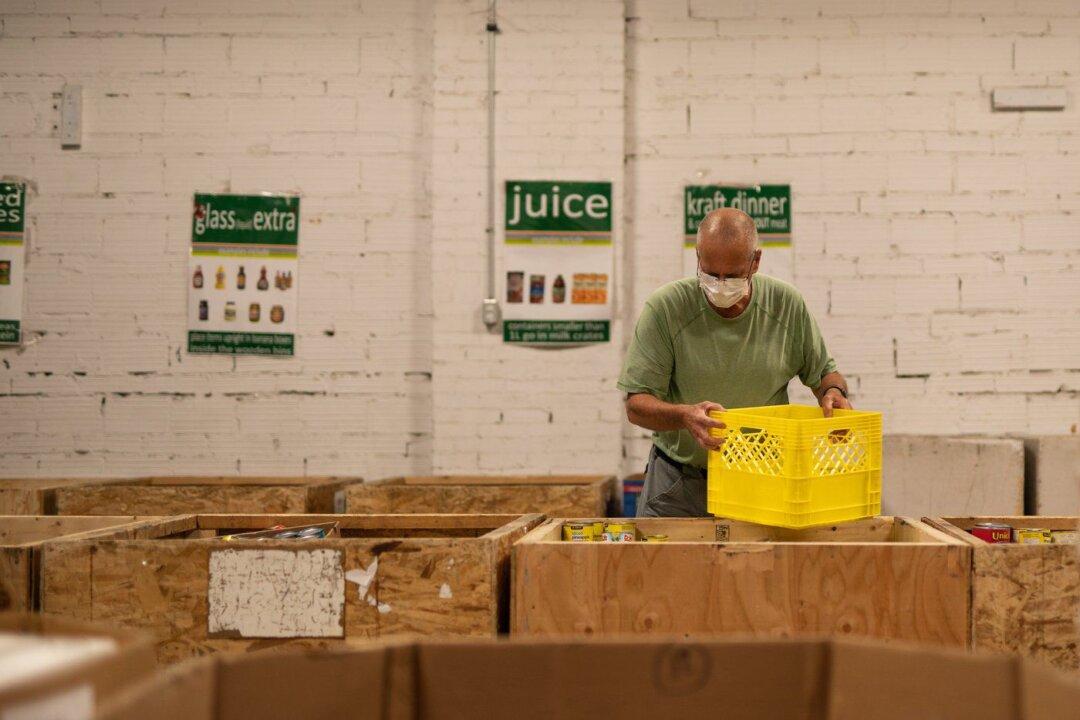Laurie O'Connor says more people in Saskatoon are struggling to get food for themselves and their families as prices in grocery stores rise out of reach.
“We are definitely seeing an increase and have been noticing that since January,” said O’Connor, executive director of the Saskatoon Food Bank and Learning Centre.





